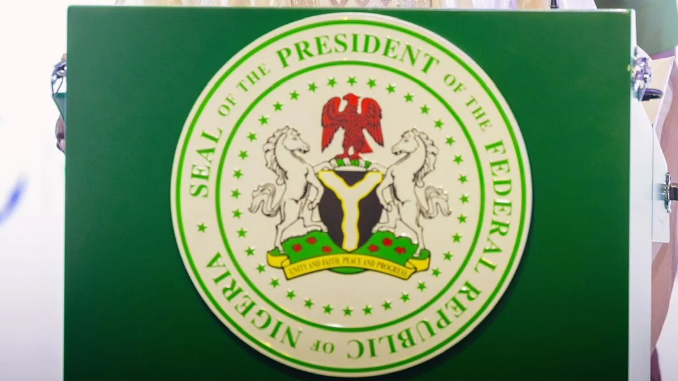
In response to the 90-day freeze on most foreign aid by U.S. President Donald Trump, Nigerian officials have established on February 4 a Committee tasked with formulating a transition and sustainability plan for health programmes funded by USAID.
The multi-ministerial team, which includes representatives from Nigeria’s ministries of Finance, Health, and Environment, aims to secure new financial support to maintain critical health services, particularly in the face of the looming uncertainty over U.S. foreign policy.
Despite a temporary exemption for life-saving humanitarian assistance, including medical aid, the halt in U.S. foreign aid continues to raise concerns. Nigerian authorities are particularly focused on ensuring that essential treatments for HIV, tuberculosis, and malaria are not disrupted. Public health expert Ejike Orji highlighted the proactive approach taken by Nigeria, stressing that the review process offers an opportunity to assess the situation and possibly adjust strategies based on the outcome of the U.S. review.
While the Nigerian government has committed $1 billion to healthcare sector reforms, including the purchase of HIV treatment packs, experts like Ndeayo Iwot from the Health Sector Reforms Coalition warn that sustaining these programmes without continued U.S. support will be challenging. With Nigeria’s health budget still well below the recommended levels, and many Nigerians dependent on external aid for healthcare, Iwot emphasised the need for new partnerships to secure the future of public health in the country.
